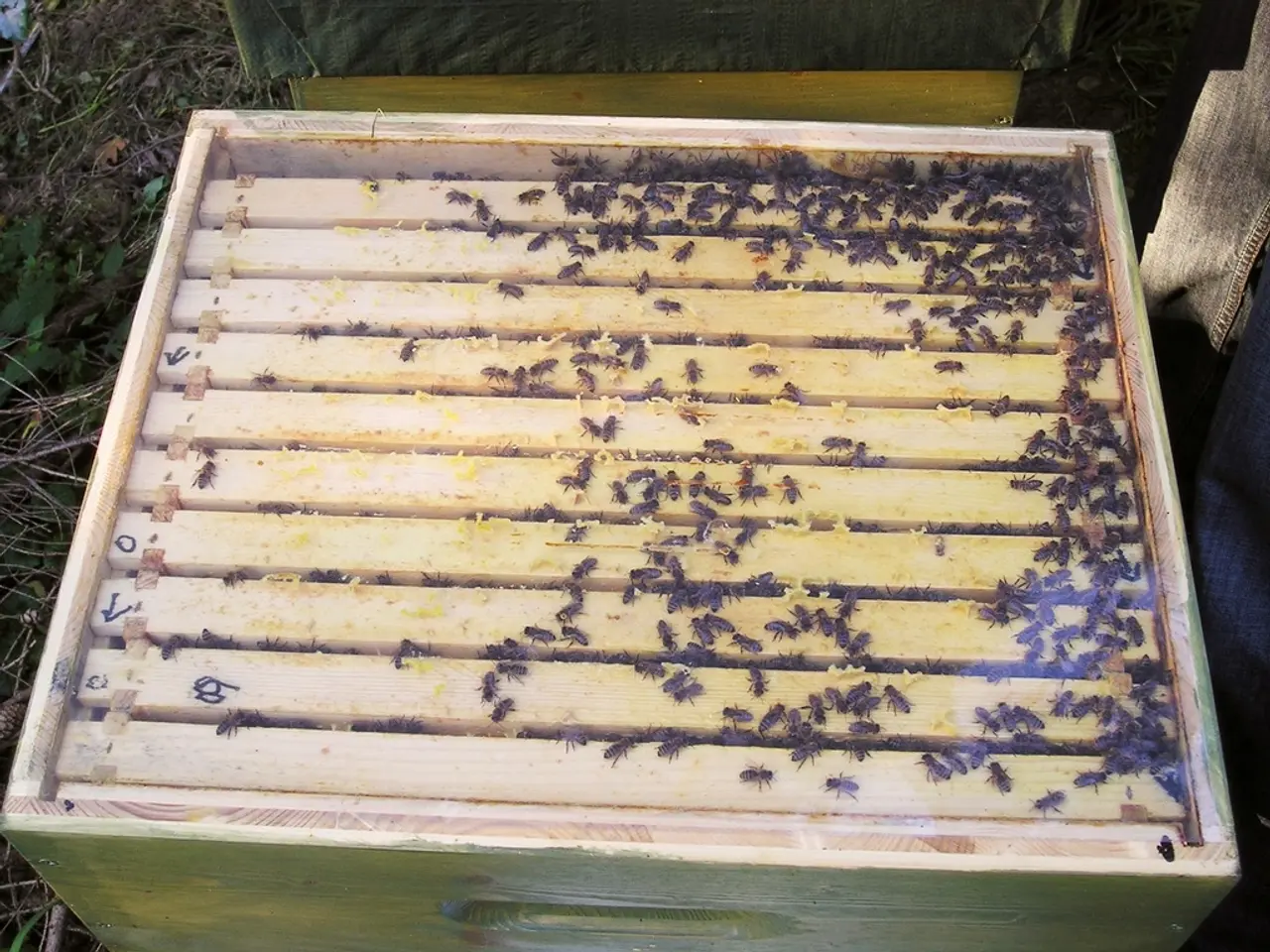Potential Health Risk When Forgoing Flea Medication during Camping Trips with Pets in the Southwestern United States
The bubonic plague, also known as the Black Death, is a disease that has a troubling history, particularly during the Middle Ages when it wiped out millions of people in Europe. Today, the disease is still present in the southwestern United States, and pet owners should be aware of the risks when camping, hiking, or exploring with their furry companions.
The bubonic plague is an infectious disease caused by the bacteria Yersinia pestis. It is mostly spread by fleas that are carried on rodents like rats, mice, and squirrels. In the southwest, prairie dogs and ground squirrels are common carriers of the plague. Fleas on infected animals can be picked up by dogs when camping or hiking in these areas.
Effective flea medication is recommended for pets to protect them from the plague. This is because, in addition to being spread by fleas, the disease can potentially be contracted and spread by dogs during camping in the backcountry. People can contract the illness when bitten by an infected flea, through bodily fluids, through contact, or even through airborne particles.
While plague outbreaks are rare, with an average of seven cases each year in the US, they can have a high fatality rate if left untreated. If not treated, the bubonic plague has a fatality rate between 30 to 100 percent. Fortunately, antibiotics, discovered in the 1920s, are able to treat and cure the plague in most cases.
Most cases of the bubonic plague in the US occur in rural parts of Colorado, New Mexico, and Arizona. In fact, the region with the highest frequency of confirmed plague cases in recent years is the southwestern US, particularly areas in New Mexico, Arizona, and Colorado.
Given the risks, it is important for pet owners to take precautions when camping, hiking, and exploring in these areas. This includes ensuring their pets are on effective flea medication and keeping them away from wild animals and their burrows.
Despite its history, the bubonic plague is a preventable and treatable disease. With the right precautions, pet owners can enjoy the great outdoors without worrying about this ancient threat.






